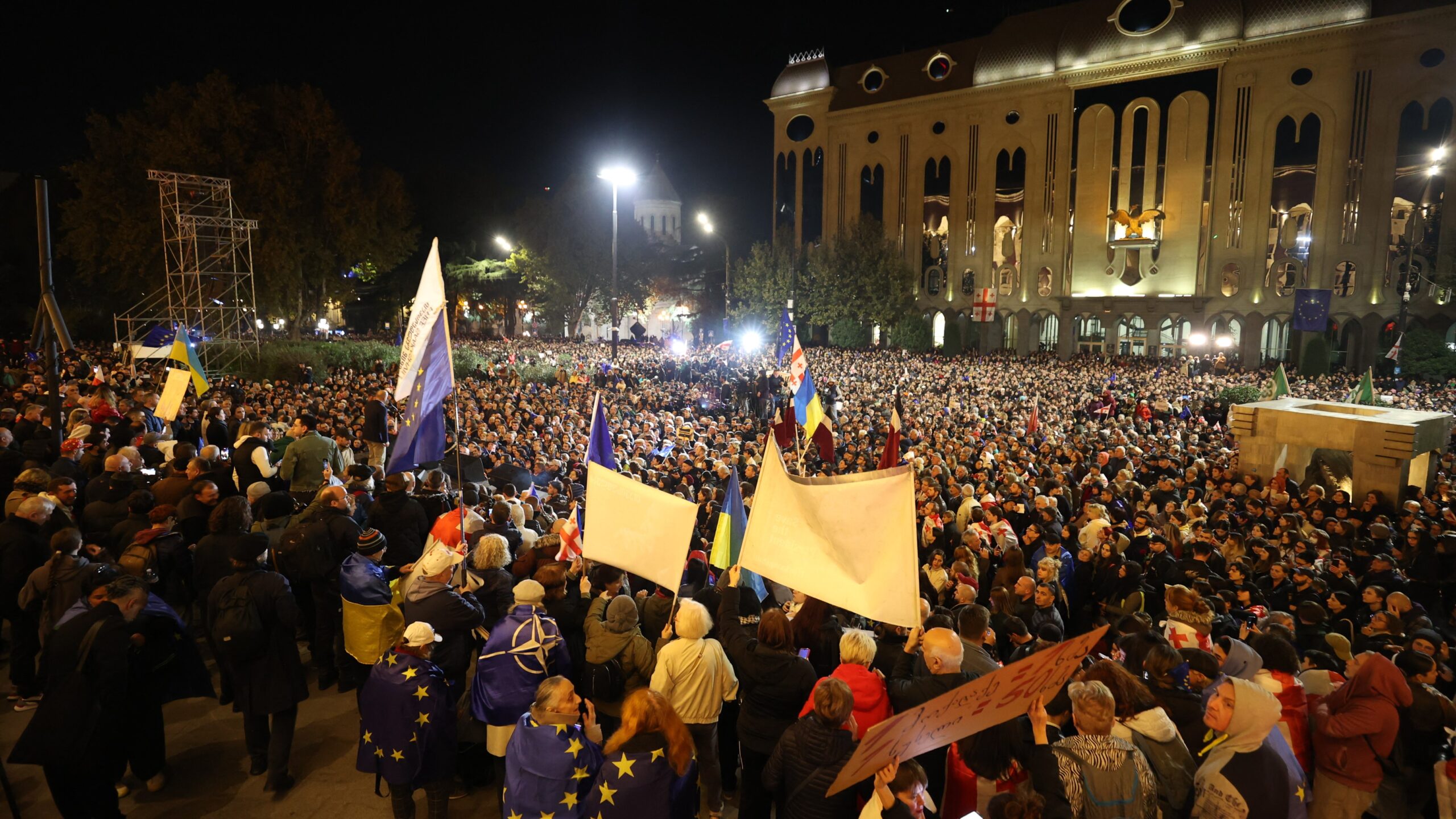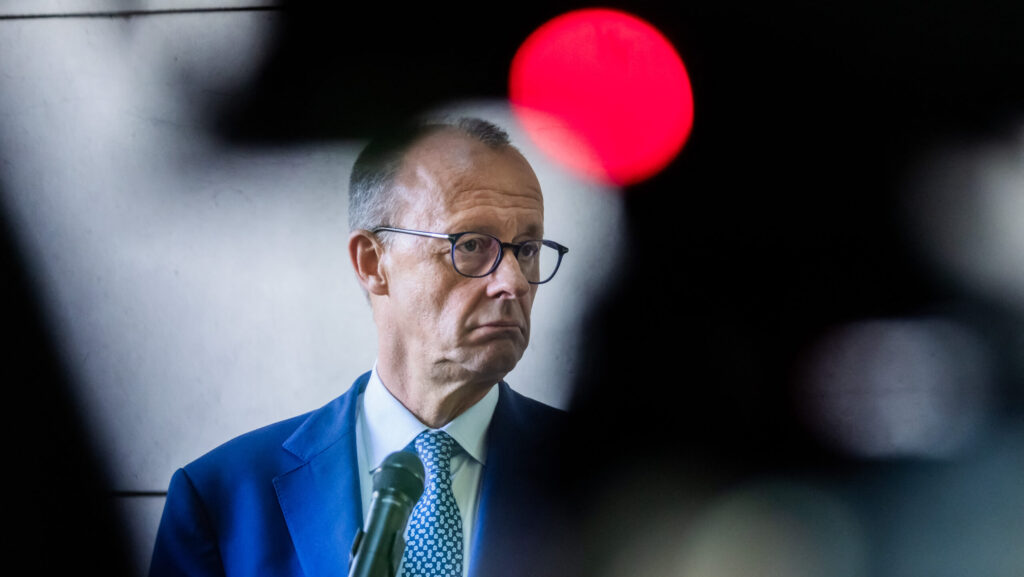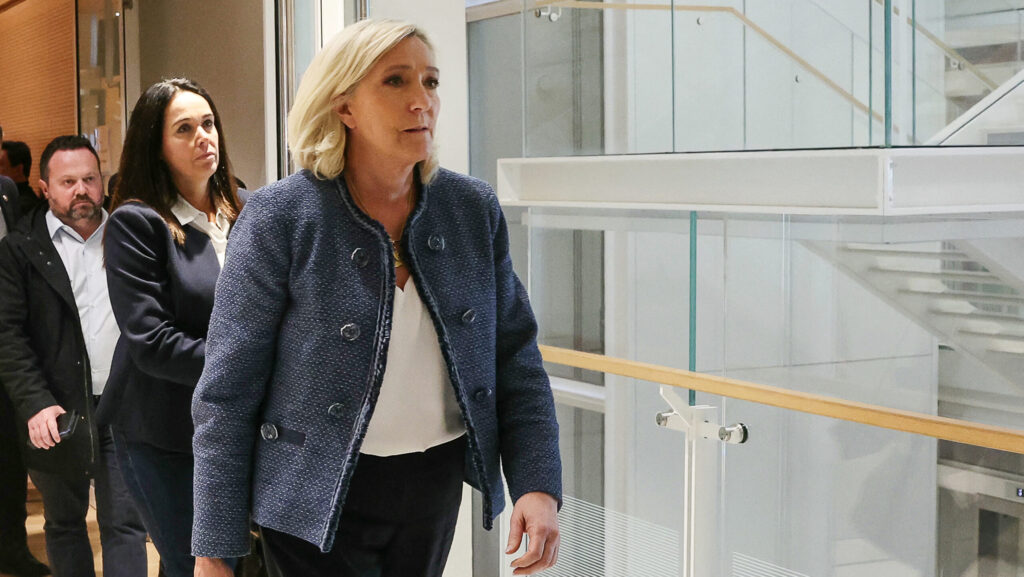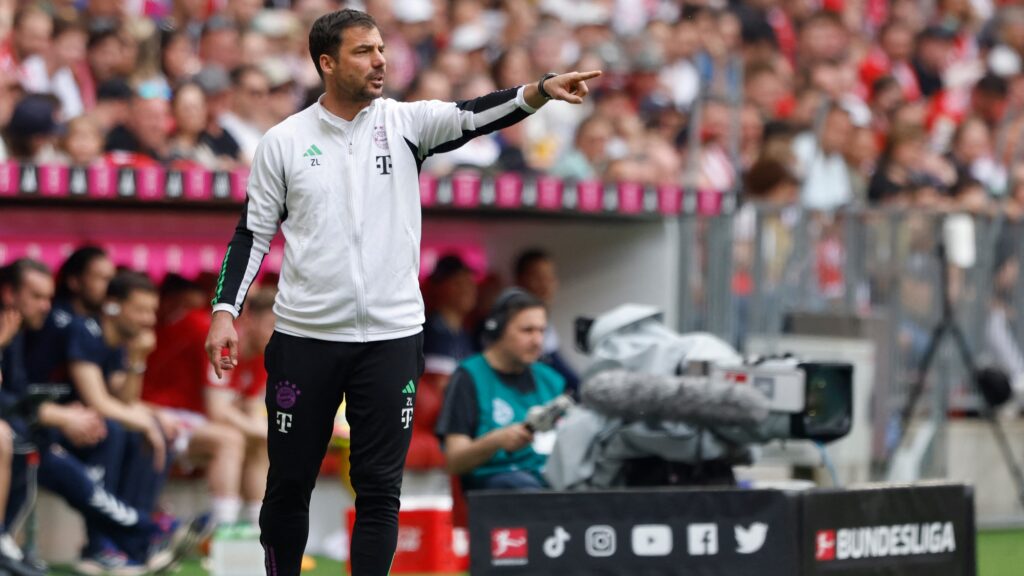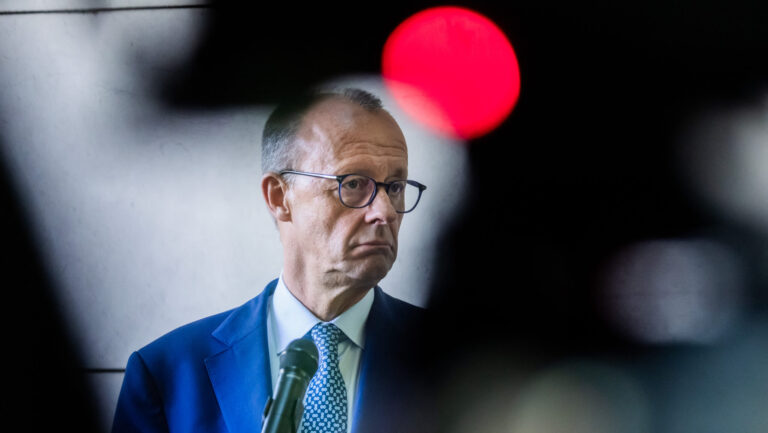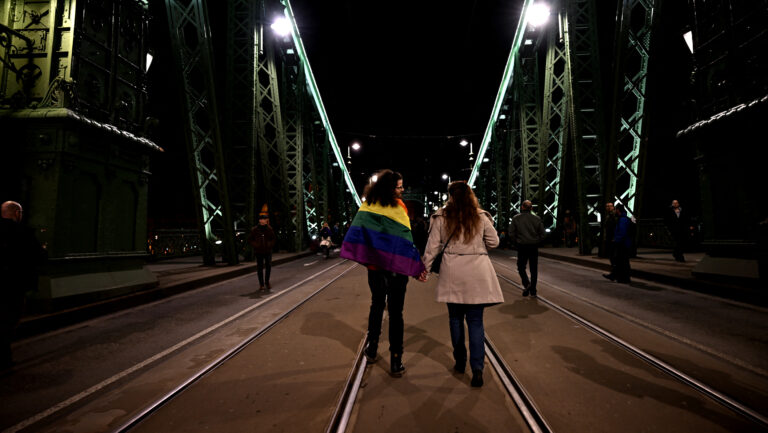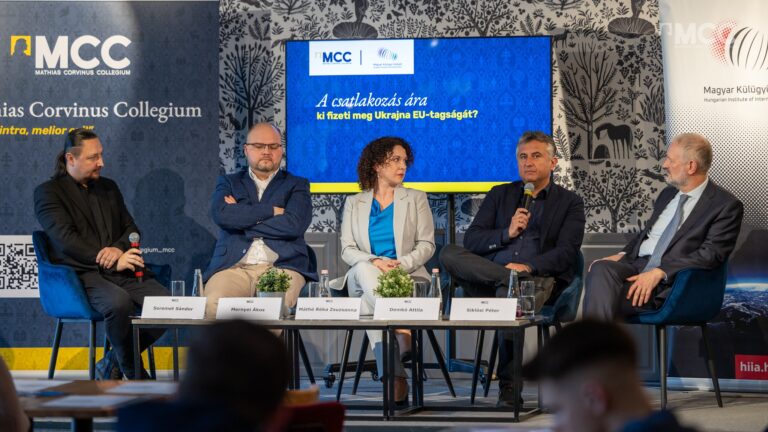As Hungarian Conservative has also reported, last week Hungarian Prime Minister Viktor Orbán paid a visit to Tbilisi, Georgia to meet his counterpart Irakli Kobakhidze. The Prime Minister’s visit happened two days after the elections were held on 26 October 2024, with the incumbent governing party Georgian Dream (GD) being re-elected, securing its fourth term in power. Georgian Dream, led by Irakli Kobakhidze (Prime Minister of Georgia since February 2024) won 54 per cent of the vote, while the largest opposition party collected 11 per cent of the ballot. In the Georgian Parliament DG gained 89, the Coalition for Change 19, the Unity – National Movement 16, while the Strong Georgia and For Georgia parties 14 and 12 seats respectively. But what caused the upheaval following the counting of the votes?
Just like in 2020 during the last election, the Georgian opposition questioned the results, denouncing the election as illegitimate, citing alleged voter fraud. To settle the dispute, the Prosecutor’s Office in Georgia launched an investigation into the alleged vote-rigging. To reassure the public of the transparency of the vote, the Georgian election commission ordered the recounting of ballots cast at five randomly selected polling stations in each election district in the country.
The Role of Salome Zourabichvili
President Salome Zourabichvili (a former member of the liberal Way of Georgia party in office since 2018) also denounced the election as unfair. The Prosecutor’s Office invited the President to share any information she might have on alleged criminal acts. The President refused to cooperate with the Office, however, saying that ‘the investigative body should have found the evidence itself’.
It is interesting to note that incumbent Georgian President Salome Zourabichvili was born in France and served as the Ambassador of France to Georgia until she accepted Georgian citizenship and became Foreign Minister of Georgia under the Prime Ministership of Mikheil Saakashvili. Initially supported in her Presidential bid by the Georgian Dream party, since 2021 Salome Zourabichvili and the GD have drifted apart. In 2023 the government attempted to impeach the President but failed to collect the required number of votes. Presidential elections are scheduled to take place in less than two months, and for the first time in Georgian post-communist history, the Georgian President will be elected by a 300 member College of Electors, not by popular vote.
Welcoming the results of the parliamentary elections in Georgia, Hungarian Prime Minister Viktor Orbán declared that it will prevent the country from becoming a ’second Ukraine’. Orbán’s message resonates with the sentiments of the Georgian electorate. The Georgian Dream party was in fact campaigning with billboards contrasting thriving Georgian cities with destroyed Ukrainian settlements, drawing attention to the risk Georgia too might face if it fails to pursue a sober Russia policy. Responding to the international outcry against the results of the elections, and criticisms of his visit, Orbán laconically stated: ‘When liberals win, democracy is upheld; when conservatives win, democracy is questioned’.
‘Presidential elections are scheduled to take place in Georgia in less than two months’
The Rationale Behind the Orbán Visit
Many viewed Orbán’s trip to the small Caucasian country as a visit of solidarity as the Georgian Dream party is being heavily criticized by Brussels. The visit meant more, however. Budapest has been a long-time advocate of Georgia’s EU aspirations, while also praising Tbilisi’s unbroken commitment to defending its sovereignty. The Hungarian Prime Minister also highlighted the plans for an ambitious project to bring energy from the Caucasus to Europe—the transmission lines would pass through Georgian territories, too, bringing clean energy to Hungary and other Central European countries.
The longstanding good relations between Hungary and Georgia are also demonstrated by the fact that for years now Georgian Prime Ministers from the Georgian Dream party have been paying visits to the Conservative Political Action Conference (CPAC) in Budapest. Saluting the countries’ good diplomatic relations, the Hungarian Prime Minister was one of the first to congratulate the Georgian Dream on its re-election.
📢 @PM_ViktorOrban: Georgian elections prove their commitment to Europe
— Zoltan Kovacs (@zoltanspox) October 29, 2024
🇬🇪🤝🇭🇺 In a joint press conference in Tbilisi with @PM_Kobakhidze earlier today, Prime Minister Viktor Orbán expressed strong support for Georgia’s recent election results, praising the nation’s dedication… pic.twitter.com/8ekugXSUUO
Why Is Georgia the Black Sheep?
Recently, the Georgian Dream party has been receiving a lot of bad press in the West for its embrace of Christianity and socially conservative policies. Earlier, the re-elected Georgian government adopted an anti-LGBTQ propaganda legislation. During the campaign the Georgian Dream party vowed to declare Orthodox Christianity as state religion if they are re-elected, by including this status in the country’s constitution. As of now the Georgian constitution states only the following with regards to the Orthodox church: ‘Along with freedom of belief and religion, the State shall recognise the outstanding role of the Apostolic Autocephalous Orthodox Church of Georgia in the history of Georgia, and its independence from the State.’ In addition to its socially conservative commitments, the Georgian government has been receiving criticism also for introducing its own foreign interference law, for which Brussels froze the EU accession negotiations with Tbilisi. Georgia was granted an EU candidate status in December 2023; the country hopes to join the EU by 2030.
The Russo–Ukrainian war also plays a significant role in why Georgia is under such heavy fire from the West. Tbilisi urges for a diplomatic solution in the war and refuses to support sanctions against Russia. During the campaign Bidzina Ivanishvili, a successful businessman who stands behind the Georgian Dream party, described the opposition is part of the ‘Global War Party’ that would drag Georgia into a conflict with Russia if elected.
Echoed by the Western mainstream, the opposition in turn accuses GD of developing close ties with Russia. However, submission to the Kremlin would be highly unpopular in the country that vividly remembers being invaded by Russia in 2008. The Georgian Dream party, rather than being subservient to the Kremlin, is pursuing a pragmatic policy with its neighbour. While society remains highly sceptical of Russian ideological influence, the government tries to normalize relations with its large neighbour by re-establishing bilateral trade and re-opening flights between Moscow and Tbilisi.
Read more on Georgia:

